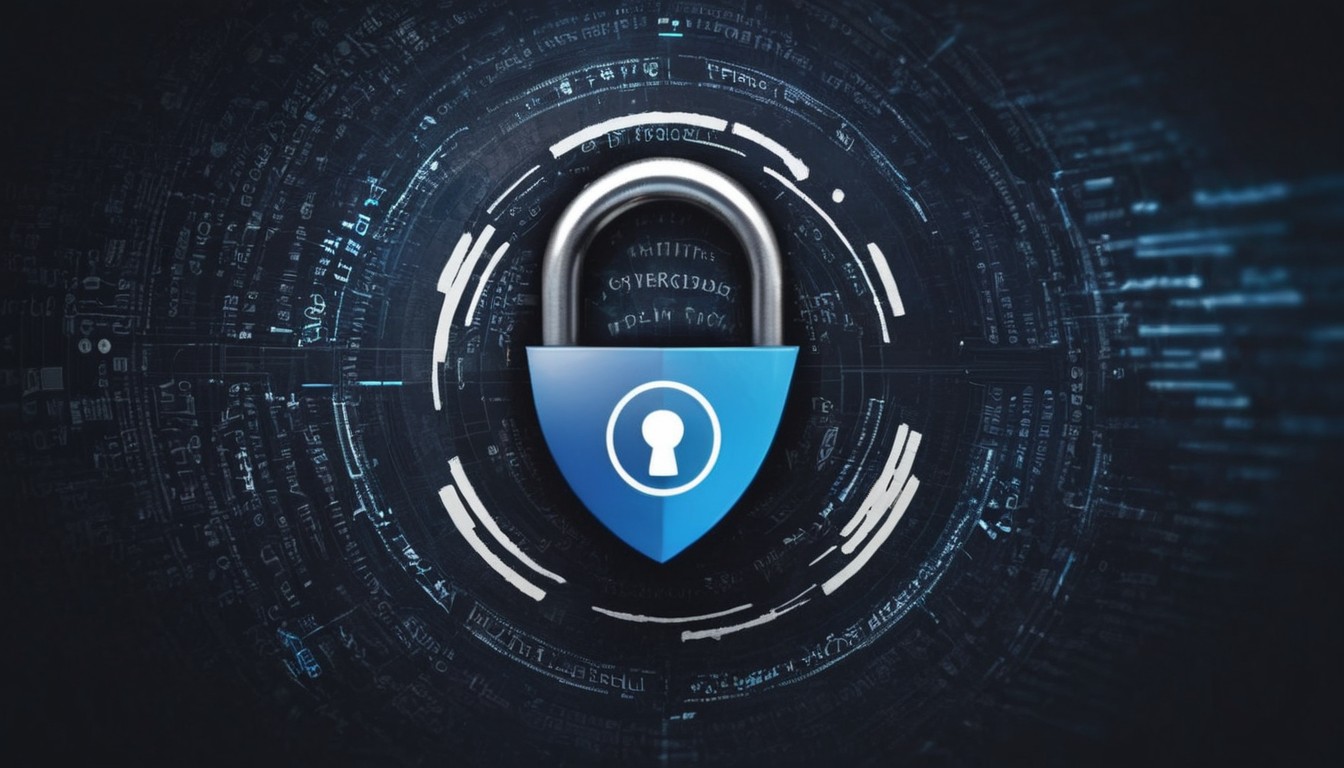Phishing attacks have evolved from rudimentary schemes to highly sophisticated threats, making it essential to comprehend their meaning, recognize phishing emails, and understand real-world phishing examples. In this article, we delve into the world of phishing attacks while highlighting our company’s comprehensive solutions: Phishing Assessment Services and User Awareness Training.
Phishing Attack Meaning
At its core, a phishing attack is a deceitful attempt to trick individuals into revealing sensitive information, such as usernames, passwords, credit card details, or personal data. Cybercriminals pose as trustworthy entities or individuals, often via email or instant messaging, to manipulate their targets into complying with their demands. These attacks prey on human psychology, exploiting trust and urgency to achieve their malicious goals.
Phishing Email
Phishing attacks commonly employ email as their primary mode of delivery. These phishing emails mimic legitimate communication from sources the victim knows or trusts. They may contain seemingly genuine links, attachments, or requests for sensitive information. Unwittingly, recipients may click on a link that takes them to a fraudulent website, leading to data theft or malware installation.
Phishing Examples
To understand the gravity of phishing attacks, let’s examine some real-world examples:
- Financial Institutions: Attackers impersonate banks, sending emails that claim the recipient’s account has been compromised. The email provides a link to a fake login page where victims unwittingly reveal their banking credentials.
- Tech Companies: Emails imitating tech giants like Google or Microsoft request users to confirm login details due to a supposed security breach. Clicking the provided link leads to data compromise.
- Government Entities: Phishers may pose as government agencies, sending fake tax refund notifications, immigration updates, or COVID-19 relief information. Unsuspecting victims may disclose personal and financial information.
- Retailers: Cyber criminals often forge emails from popular online retailers, offering exclusive deals. Clicking on embedded links may lead to counterfeit websites where personal and payment information is harvested.
Our Comprehensive Solutions
Recognizing the critical need for robust defenses against phishing attacks, our company offers two core services:
Phishing Assessment Services
Our Phishing Assessment Services simulate real-world phishing attacks to evaluate your organization’s susceptibility. By identifying vulnerabilities, we enable you to fortify your defenses and implement countermeasures. Protect your sensitive data, intellectual property, and financial assets by proactively addressing potential risks.
User Awareness Training
In an era where the human factor plays a pivotal role in cybersecurity, our User Awareness Training equips your team with the knowledge and skills to recognize and respond to phishing attacks. We empower your staff to become vigilant defenders of your organization’s digital assets, reducing the risk of falling victim to deceitful tactics.
In conclusion, phishing attacks pose a constant and evolving threat to individuals and organizations alike. Understanding their meaning, identifying phishing emails, and learning from real-world phishing examples is paramount in defending against these insidious schemes. Our Phishing Assessment Services and User Awareness Training are your allies in this ongoing battle, fortifying your security posture and empowering your team to stay one step ahead of cyber criminals. Don’t wait for the next phishing attack; take action today to safeguard your digital future.





